Microsoft Azure vs Amazon Web Services: A Comparison of Two Cloud Computing Giants
Cloud computing has revolutionised the way organisations operate, offering a flexible and scalable infrastructure to support business growth. Small startups and multinational corporations alike leverage cloud computing to enhance productivity, efficiency, and innovation; and, in the competitive and rapidly evolving market, there are two cloud computing platforms that companies most often turn to: Microsoft Azure and Amazon Web Services (AWS).




An Overview of Microsoft Azure
Built on Microsoft's extensive experience in enterprise software, Azure offers a comprehensive suite of cloud services and solutions. The platform boasts a robust infrastructure that spans across data centres worldwide, ensuring high availability and scalability. What’s more, Azure provides a wide range of services, including compute, storage, networking, databases, artificial intelligence (AI), Internet of Things (IoT), analytics, and more. Azure's strength lies in its integration with other Microsoft products and services, allowing seamless collaboration and compatibility within the Microsoft ecosystem.
As a trusted platform, Azure has gained popularity among businesses of all sizes, including startups, enterprises, and government organisations. Its hybrid capabilities, including Azure Stack and Azure Arc, enable seamless integration between on-premises infrastructure and the cloud, providing flexibility and supporting diverse deployment scenarios.
Being a Microsoft product, Azure also holds a certain degree of brand-centric pedigree that users predisposed to a wholistic experience will likely enjoy. This is because hardware, software, and cloud computing can all be purchased from, supported by, and updated with the same company.

An Overview of Amazon Web Services
AWS has a strong market presence and a global infrastructure with data centres strategically located across all regions. This allows businesses to leverage its services and cater to a diverse range of needs. Meanwhile, AWS offers a comprehensive set of services, including compute, storage, databases, networking, machine learning, analytics, and more.
The platform's scalability and elasticity have made it particularly appealing for startups and enterprises experiencing rapid growth or unpredictable demands. AWS's breadth of services, coupled with its focus on innovation, has positioned it as a preferred choice for organisations seeking robust and cutting-edge cloud solutions.
The Pros and Cons of Azure and AWS
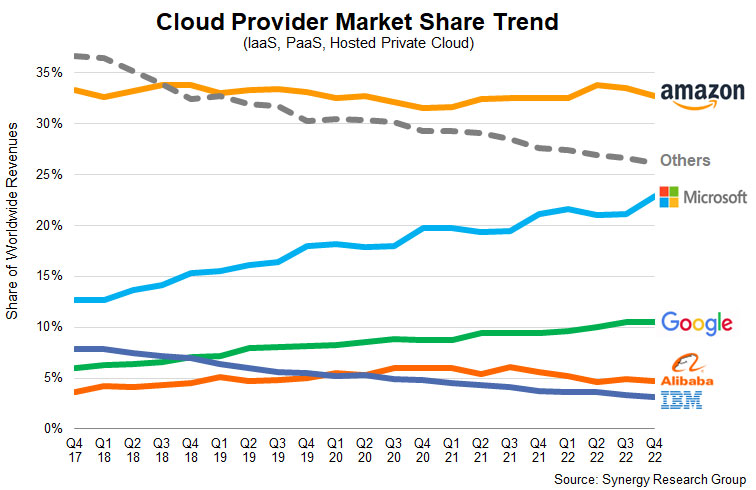
Infrastructure and Services

Pricing and Cost Management
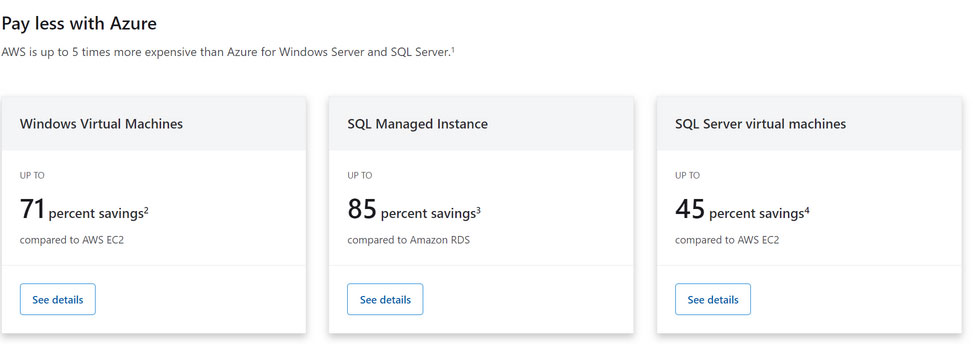
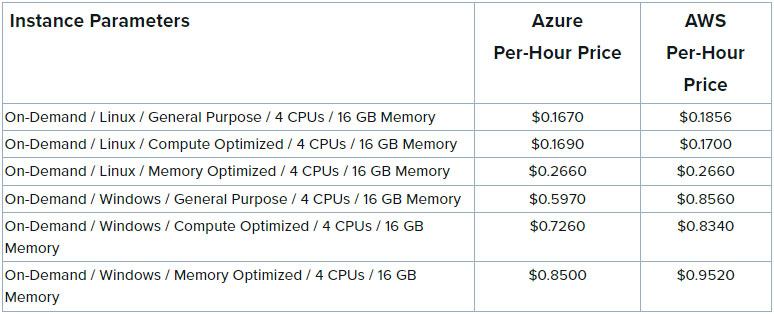
Scalability and Performance
Security and Compliance
Developer Tools and Integration
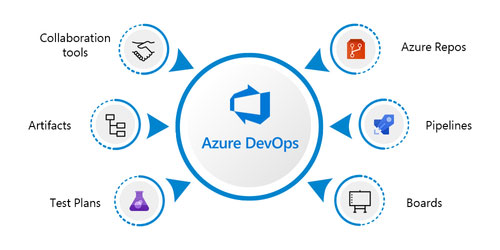

Customer Support and Documentation
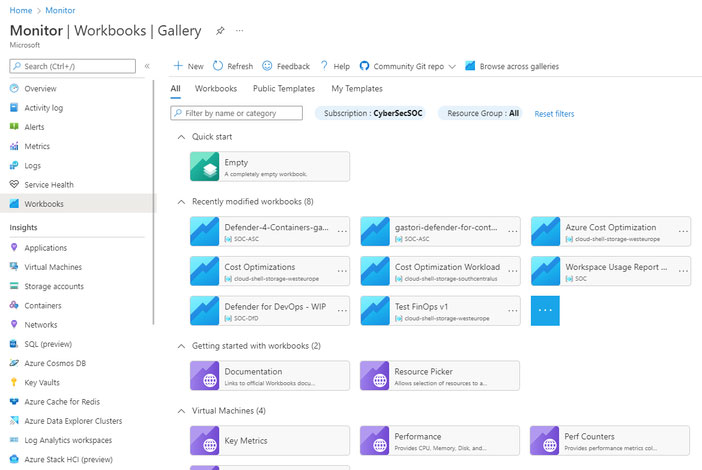

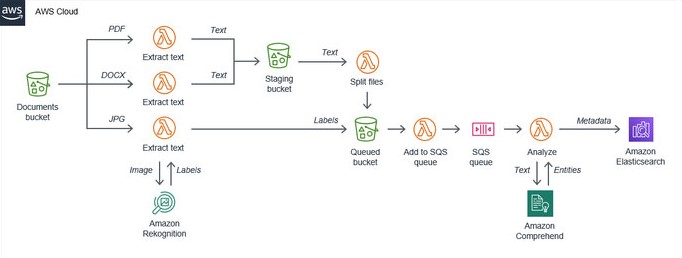


Deciding Whether Azure or AWS is Best for Your Business
The choice between Azure and AWS depends on your specific business requirements, workloads, and preferences. To come to a decision, you should carefully evaluate your business needs, considering factors such as integration with existing systems, performance requirements, budgetary considerations, and compliance obligations. With that said, 95% of the Fortune 500 companies use Azure, and this is likely due to the security, reliability, support, and brand value associated with a Microsoft product, and the likelihood that many of these companies already use Windows as an operating system
You can also consult with an expert to help make an informed decision that aligns with your unique circumstances. At Intergy, we specialise in assisting businesses with their cloud computing requirements and offer a host of Microsoft Azure migration, hosting, maintenance and optimisation services. Cloud computing is a strategic investment that can significantly impact your success. By seeking expert advice, you can choose the cloud platform that best suits your needs, unlock the full potential of the cloud and drive innovation and business growth.




